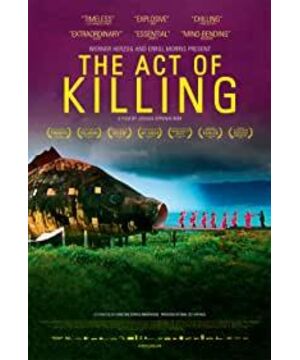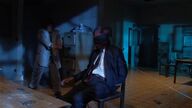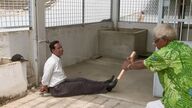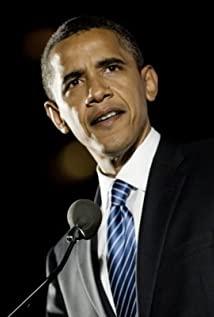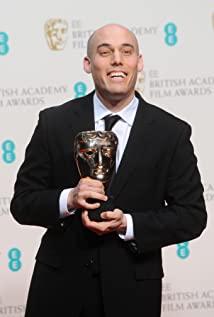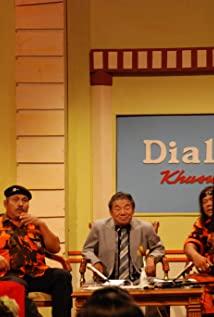Hua
in Indonesia was when my friend's father told us about Tu Hua in high school. Later, when I went to college, someone sent a group email in the Japanese group and posted a lot of photos, which was horrible.
After slowly understanding the matter, I found that people have only a vague impression of the Indonesian anti-Chinese incident. The documentary is about the first massacre in 1965, and most of the photos of po on the Internet are the photos of the Indonesian massacre in 1998. . But the ferocity of each incident is indeed comparable to any massacre in human history.
In the 1960s, the mainland exported revolution to the outside world, as everyone knows, so now Southeast Asian countries have become disillusioned with communism. So Suharto slaughtered hundreds of thousands of "Communists" with guns bought from pro-Taiwanese Chinese, which is the massacre in 1965-66 in the documentary. All the killed Chinese were labeled as "Communist". name. Even if they have a list in their hands, just like what Adi said when he appeared in the film, "After I got the list, I stabbed every Chinese I met, and finally I met my girlfriend's father, crushing the Chinese change. Became the father who smashed his girlfriend." (There is no suspense, but he killed it.)
After that, mainland China cut off diplomatic relations with Indonesia, and all the family members of the "Communist" in Indonesia were relocated to remote places where birds don't lay eggs, but still It was not calm, and hundreds of thousands of people were killed by local indigenous people in Indonesia, which was called the "Red Bowl Incident".
Then there is the 1998 massacre that everyone has seen the most photos of. At this time, it doesn't matter whether it is a Communist Party or not, as long as it is a Chinese, it will be killed. Many Chinese have obtained the nationality of mainland China and have been spared from being murdered.
While so much has happened, it's like the English proverb "the elephant in the room", which is ignored by many. So Adi, who killed thousands of people, said in the film, "I don't feel guilty, I won't be troubled by nightmares like Anwar, I did nothing wrong. I didn't get punished is the best proof." The perpetrator, None of the conductors were punished.
This is indeed the case, and all the Western figures involved in the incident at that time also rose to prominence. Anwar in the film also did not take to the political stage like his former companions because of his poor "liar ability".
About the film
Anwar said in the film, "I don't feel, I don't doubt anything, but the torment has been spreading in my heart." I am curious how Anwar, who had such thoughts, faced the tragic history during the 1998 massacre. repeat. (According to the incident, he did not die, because in 2010 he was proud to talk about the atrocities of that year.)
I remember that the director said that he hoped that through the documentary, Indonesians could face history squarely.
Looking at everyone's comments, you can find that history is too mixed, Western forces, internal conflicts among the Chinese, Indonesian military and politics, etc., are too complicated. Of course, I don't think this film is clear at all.
But this film is a shocking interpretation of the question of "human nature is evil or good, and it is uncertain" from such a few "rogues".
Anwar has the meaning of "apology" in the documentary, but in fact it is just redemption, seeking redemption for those who have killed himself, secretly thinking, shameless and pitiful. Every movie revisits killing with a wire, and on different occasions, how much he misses this method of killing. Or, how much he misses the feeling of mastering life and death, the feeling of power.
As soon as Adi appeared, Anwar said, "You haven't answered my call for so many years." Adi is a smart man, he understands the tricks of the government, he understands the tricks of the world, and of course he also understands how to make himself feel at ease trick. It is such a murderer that people can't hate. Although it was them who splattered blood in the white pants, he was just a knife in the slaughter. Not a waving arm, or a commanding brain.
Human nature is a knife, and when the wind blows, it can hurt people. Although the film is very long, if you are interested in the history of Indonesia, this is a very good material.
View more about The Act of Killing reviews


